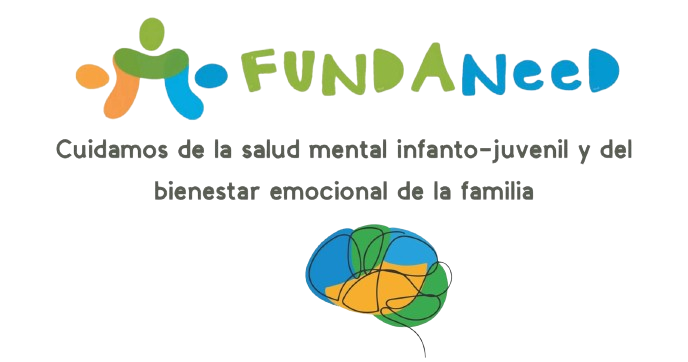The conceptualizations of drugs have varied over the years. We will use the definition by Fernández, Ladero, and Lizasoain (1998), where they mention drugs as substances that, when consumed, produce alteration or modification in one or more psychic functions, inducing individuals who take them to repeat their self-administration. The cessation of consumption can lead to significant somatic and/or psychic discomfort and does not have any medical implication (if they did, they might not be used for this purpose but for others such as recreational). This definition refers, therefore, to the positive reinforcement that consuming the substance entails and the production of psychic and/or physical dependence. It must affect some areas of the life of the person consuming it to be considered a drug, which can include personal, family, work, or school areas.
In reality, the effects of drugs vary due to chemical issues, and based on these effects, we can classify them into depressant drugs, stimulant drugs, and hallucinogenic drugs. In the group of depressant drugs of the central nervous system, we can find cannabis, heroin, morphine, and codeine. In the second group of stimulant drugs of the central nervous system, we can find amphetamines (ecstasy), cocaine (cocaine hydrochloride or crack), MDMA (methylenedioxymethamphetamine), and inhalants (ethyl chloride). In the group of hallucinogenic drugs, we can find LSD (lysergic acid diethylamide), mescaline, and psilocybin.
However, there are other drugs that go more unnoticed due to their behavioral profile and that we observe daily in consultations, such as internet use. This corresponds to a serious problem related to the consumption of pornography. Pornography is routinely consumed by young people between the ages of 12 and 14, corresponding to crucial stages of psychosocial development for minors. Pornography consumption is associated with other problems that psychologists have detected, including disruptive behaviors such as sextortion. This term refers to extortion with sexual images of third parties. Another associated problem is sexting; sharing images of erotic content with third parties. Free access to new technologies generates these problems imminently. As a psychologist, I believe that sexual education is also a family matter that must be addressed through information at home so that adolescents have all possible information available from reliable sources such as parents, knowing that pornography does not depict a truthful reality about sexual relationships.
Another problem related to addictions is gambling and online portals associated with them. Gambling addiction is defined by the WHO as “a disorder characterized by frequent and repeated episodes of gambling that dominate the life of the individual to the detriment of their social, work, material, and family values; (…) this behavior persists and often increases despite adverse social consequences such as loss of personal fortune, deterioration of family relationships, and critical personal situations.” In Spain, more than 800 thousand people gamble money online on gaming platforms. Initially, the addicted person begins to win money in small amounts, but in a second phase, they begin to lose money, which leads them to borrow money from others or gamble away what little they have to compensate for the loss. From a psychological perspective, the problem lies in unrestricted internet access and new technologies, especially among adolescents.
At Fundaneed, we emphasize the prevention of addictions from childhood. From the psychology department, we focus on the fact that addictions can not only be towards a substance but also towards behaviors that may go unnoticed, beginning with internet use. As psychologists, we must emphasize measures that parents can take to help prevent behavioral addictions, such as limiting the use of mobile phones and electronic devices and implementing good parental controls. Parents should be responsible for their children’s use of technology from an early age until adulthood, preventing any risks that may arise. A good method for preventing risks is dialogue, warning about the possible risks of misuse of the internet, creating an atmosphere of trust so that they can always count on us if any problems arise. Additionally, based on experience, it is very relevant for adolescents not to have access to credit card information to prevent them from accessing online betting sites and spending money uncontrollably.
However, if addiction problems arise and we observe them, we must seek help from a mental health professional who can provide guidance and instructions on what to do once addiction appears.



Comments are closed.